welcome!
This is a web page put together by Uplift, a youth led climate justice organization in the so- called Southwest. We are a small organization led, as of 2021, by a small team of young adults living in Arizona, New Mexico, Colorado, and Utah. We are Indigenous, immigrants, femmes, women, and striving for a land and world free of colonial systems, extraction, borders, police, and all forms of oppression.
Uplift hosts summer and year- long fellowship programs, we run webinar series and digital convergences, create media, such as zines, and support young people organizing in their community. You can find tons of webinars and digital workshops at our YouTube channel, and can check out our Instagram to see what else we are up to.
Tip: Click on each art image to see the entire piece, as well as the title and artist.
The following is a personal essay by Jaiden, who holds our year long 2021 Indigneous fellowship position.
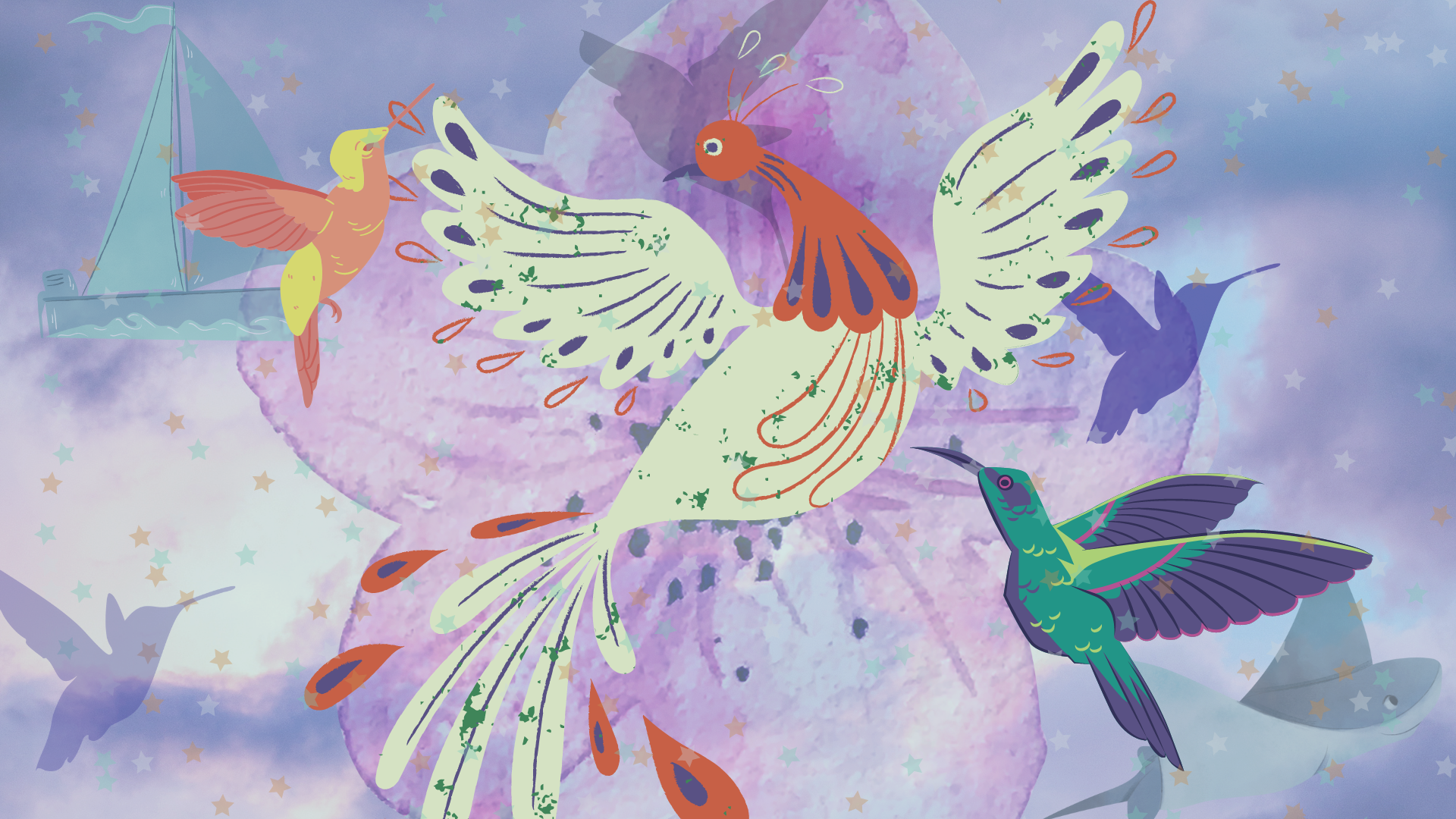
towards collective liberation
Yá'át'ééh, shi éíyá Tódich'íínii nishłí, Maii Deeshghizhnii bashishchiin, Nueta Hidatsa dashicheii, Tábaahí dashinalí. Hello relatives, I am Bitter Water, born for Coyote Pass, and my maternal grandfather is Nueta and Hidatsa of the Water Buster clan and my paternal grandfather is Waters Edge.
My Hidatsa name is Mawúa ídahga (dragonfly) which was given to me by my auntie to represent my roots in the south and in the north and my responsibility to the lands and waters there. My auntie was presented with my name in ceremony as a vision of solidarity amongst relatives in the North and South. I have Indigenous roots in Dinétah (Diné Territory) so-called Arizona as well as Nueta Hidatsa lands in so-called North Dakota. I am both rooted and fluid in time and space and I cannot be severed from my ties to the land and water that made me. I am a queer femme but these words cannot fully describe an Indigenous perspective of gender or sexuality, my gender is both ancient and sacred.
"burning ourselves out for productivity will not aid in our liberation"
I am the Indigenous youth fellow 2021-2022 for Uplift Climate. Not only are we striving for Land Back and an end to settler colonial violence in all that it entails, we strive to uphold the healthy and dignified lives of all relatives in the struggle. My comrades at Uplift hold the importance of organizing in non-hierarchical ways and not subjecting each other to the same forms of abuse of power and status quo that this society operates in. We have to organize collectively, with everyone's capacity in mind, and with accountability processes for ourselves and each other. We make sure the work is done but we give each other the support to know that we are not machines and we cannot keep putting our own mental health and physical and spiritual selves on the backburner. We have to show up as our whole selves for community and remember that capitalism was made to keep us apart and burning ourselves out for productivity will not aid in our liberation. It is important as a youth to have comrades that will help guide you to your collective liberation. Personally, I could name many in the movement that gave me resources to books, articles, websites, included me in reading groups and discussion, and also provided the space to grow a critical political analysis. This is the power of solidarity and kinship, these are our weapons that we must use in order to slay the monsters that live amongst us and inside us. These monsters are capitalism, imperialism, and colonialism, heteropatriarchy, just to name a few. We can use tools of mutual aid, land caretaking, community organizing, direct action, and solidarity to build a revolutionary struggle to achieve liberation and autonomy not only here in the southwest, but everywhere.
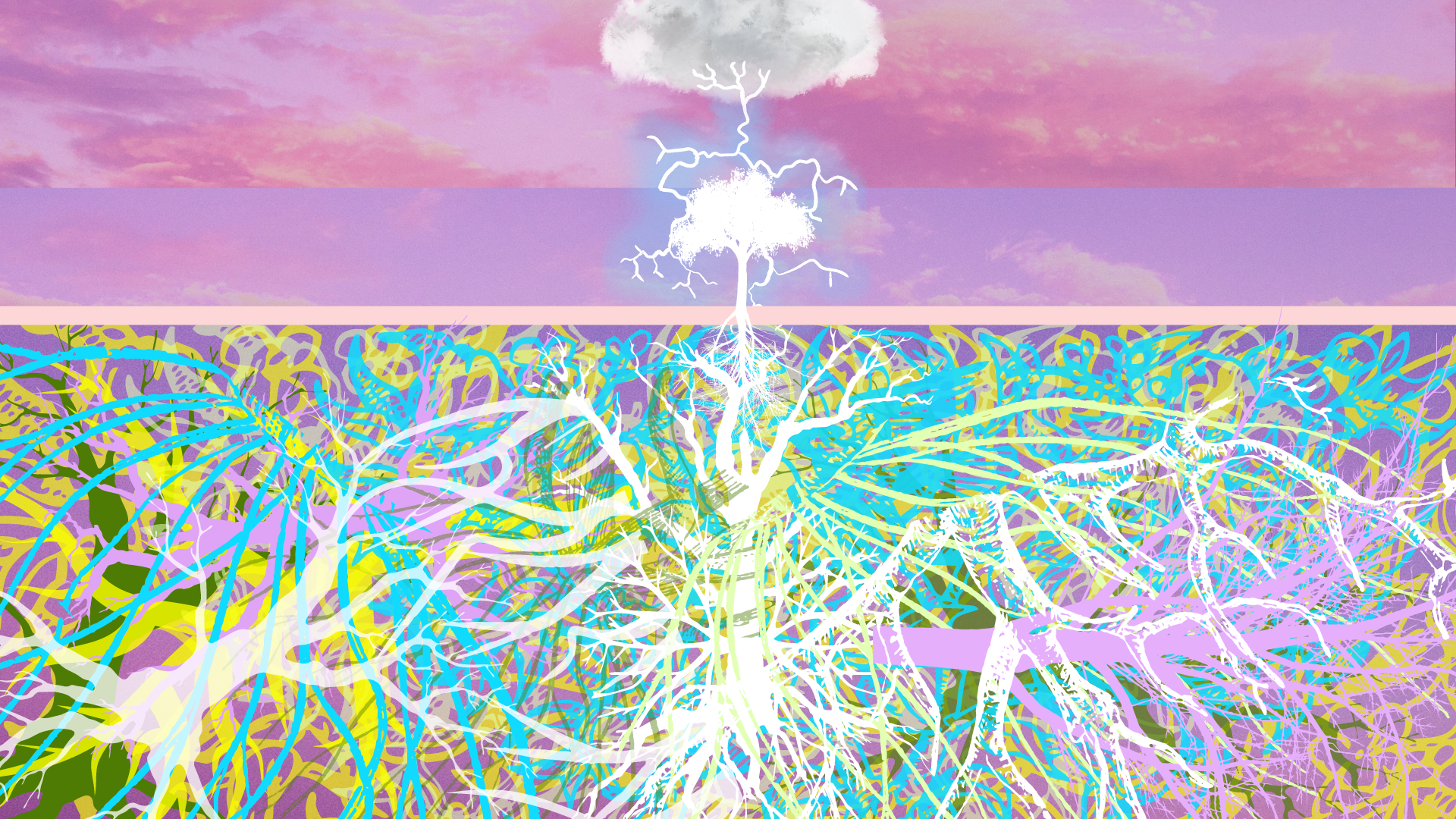
"there is opportunity in crisis"
"there is opportunity in crisis"
I am also a farmer, mother, and auntie. I take care of animal relatives like sheep, horses, pigs, and chickens, as well as plant relatives and the soil which provides the nutrients for the plants and our bodies and the land again in constant cycles of reciprocity. These are processes of kinship that have been passed down for millennia, in Diné we call this K’é. K’é is the overarching philosophy of the Diné; it is the complex system of interconnectedness between humans and the universe. Dine philosophies and their complexities cannot be described in its entirety using colonial language, but because we are living under a colonial occupation it is necessary to avoid gatekeeping information if we want to still have our kinship systems in place during an imminent crisis. Over the past few years I have learned that there is opportunity in crisis and we can heal ourselves to show up better in the community. At the start of the COVID-19 pandemic myself and my comrades at the K’é infoshop and community volunteers worked to provide food boxes for families affected by the COVID crisis. The K’é infoshop had built up a food bank over the year and had been doing mutual aid even before the pandemic started and so we were set to begin pandemic relief efforts and immediately distributed all our supplies in two weeks. After gaining more donations and a regular food drop off we were able to provide enough food for families for two weeks and we did this entirely voluntarily risking our lives collectively to ensure that our people's material needs were met. Whether people needed water, food, medicine, cleaning supplies, and other necessities we made sure our community was taken care of. We did this without support from our own tribal government and on our own terms. This was a great feeling of autonomy and what we could get done if we came together collectively to practice kinship rooted in anticapitalism and anticolonialism. We prioritize elders, single parents, children, trans and queer relatives, and unsheltered kin because we know that they are the most marginalized, and disposed of under capitalism and settler colonialism. Mutual aid is important to our autonomy and so our community can thrive without dependence on the settler-colonial state. We cannot let mutual aid be a bandaid fix. We need to continue striving for sustainable community practices of skill-sharing and refuse the charity model and remember that we do this in solidarity not charity.
"we do this in solidtarity not charity"
A lot of the work I do is involved in Land caretaking and being a good relative to the earth during a time of climate crisis. This summer in the southwest we continued to see a record drought, record high temperatures, and a less than adequate monsoon season. We had more water than the previous summer but it did not give us as much as we would need to reverse climate change. It is obvious that no settler colonial government can mitigate the climate crisis. The world's biggest so-called climate scientists can’t even name the real reasons why our climate is in crisis and we are being catapulted by the wealthy and ruling classes to all over catastrophe. We cannot let this news or reactionary politics lead us to despair. We need to turn to kinship and ignite the flame of revolution in all those around us.
I want to remind youth everywhere that now is the time to listen to those who have the knowledge necessary to liberate ourselves and our communities and develop and share skills to live autonomously. Be united in struggle always, make comrades across the world living in the struggle and this will make us unstoppable in the eyes of the oppressor. Lean on your ancestors courage and prayers and songs sung to ensure the livelihood of our generations and look to the future for this hopefulness and look to the past for that medicine to keep going. I look up to those fierce queer and femme revolutionaries who have paved the way for the resistance to keep growing. Now more than ever in these unprecedented times we have the chance to change our worlds.
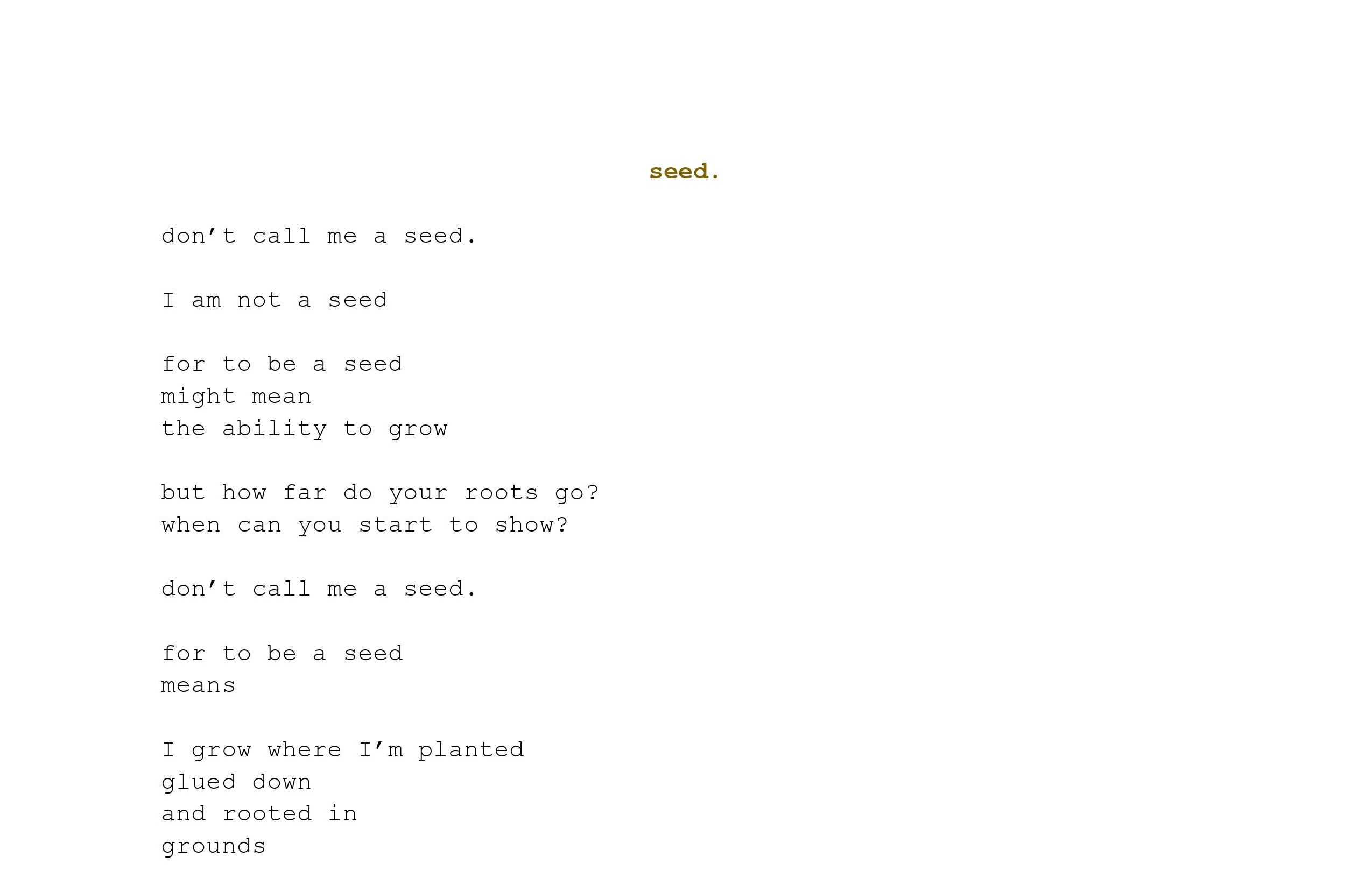
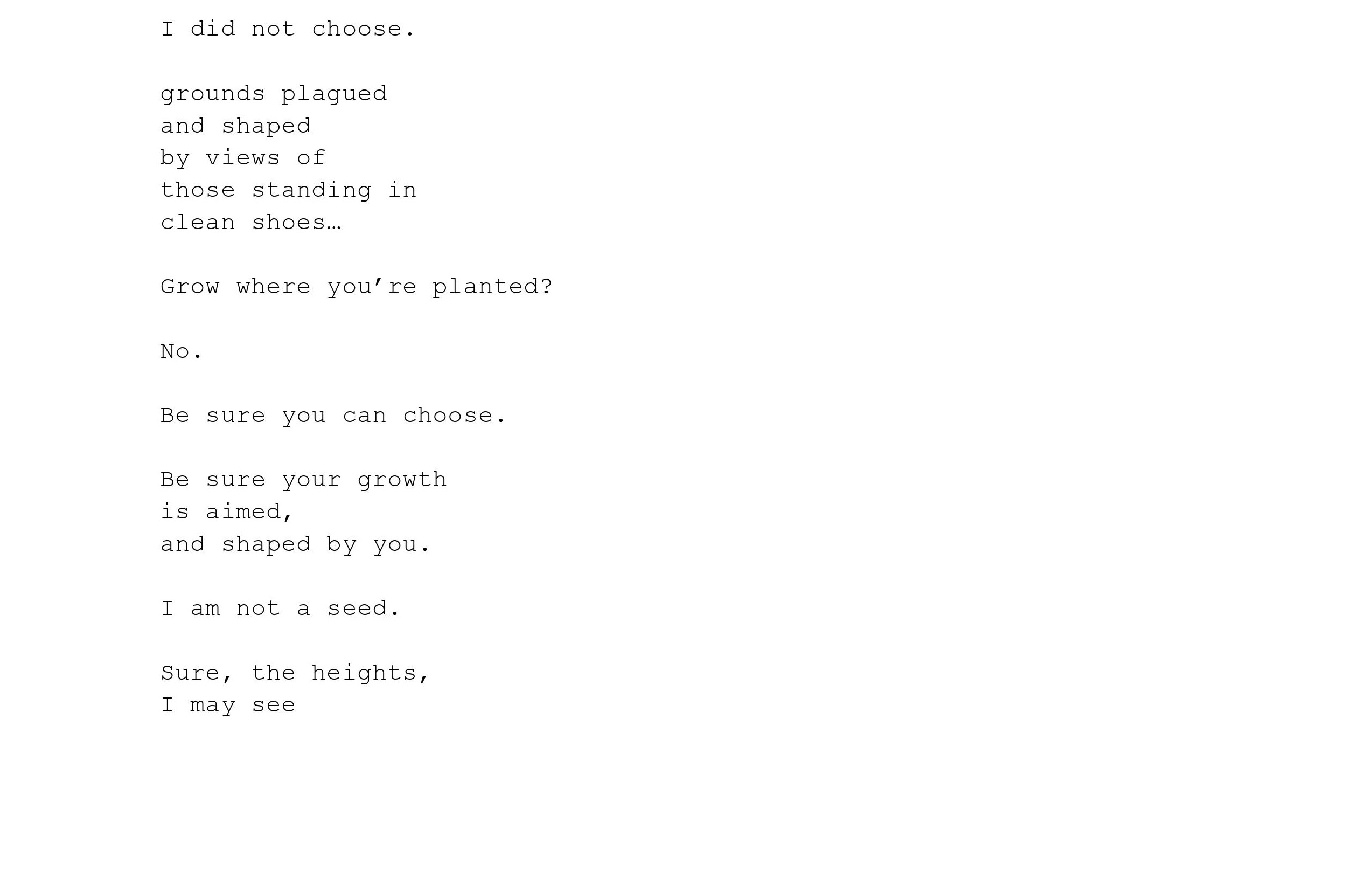
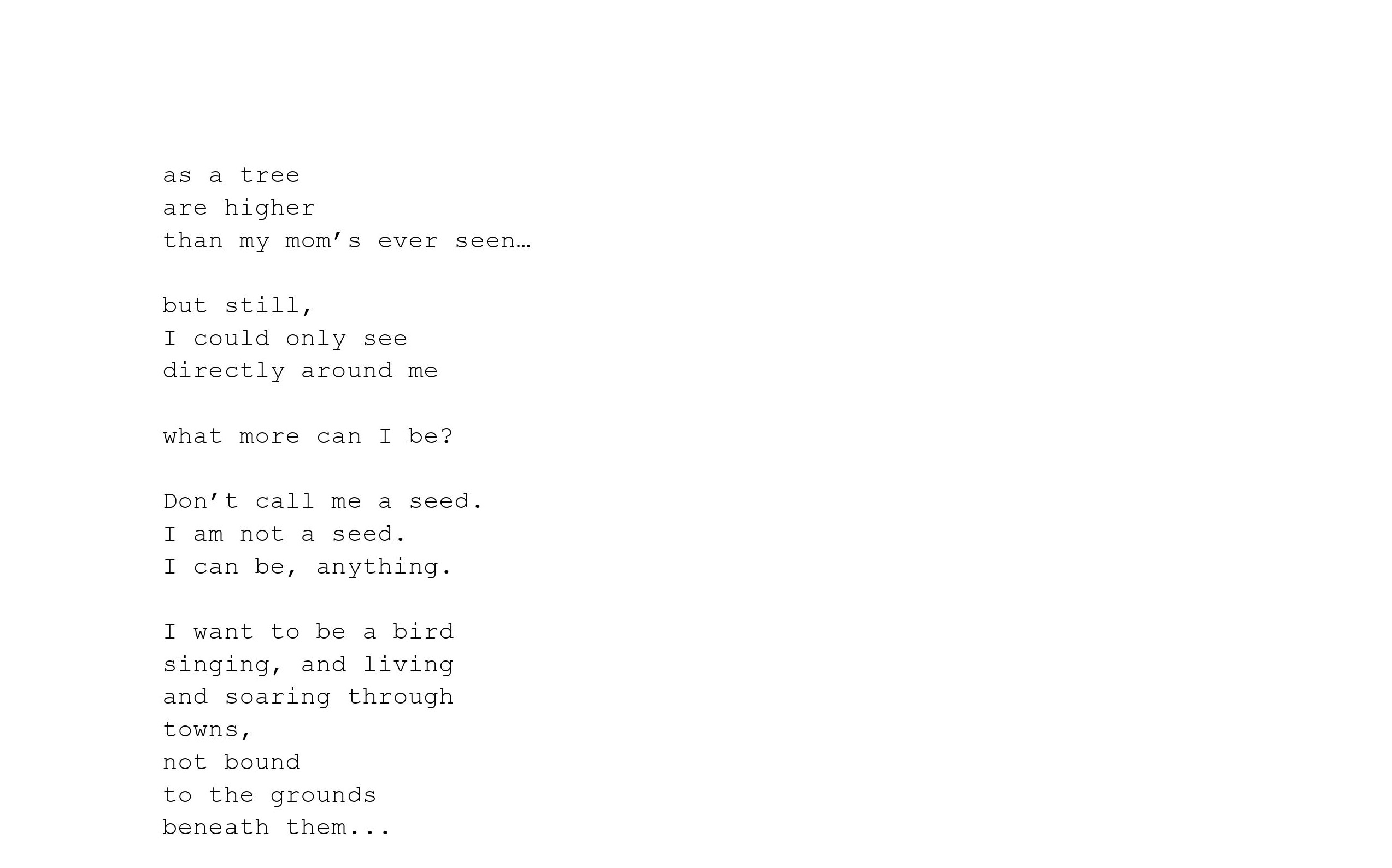
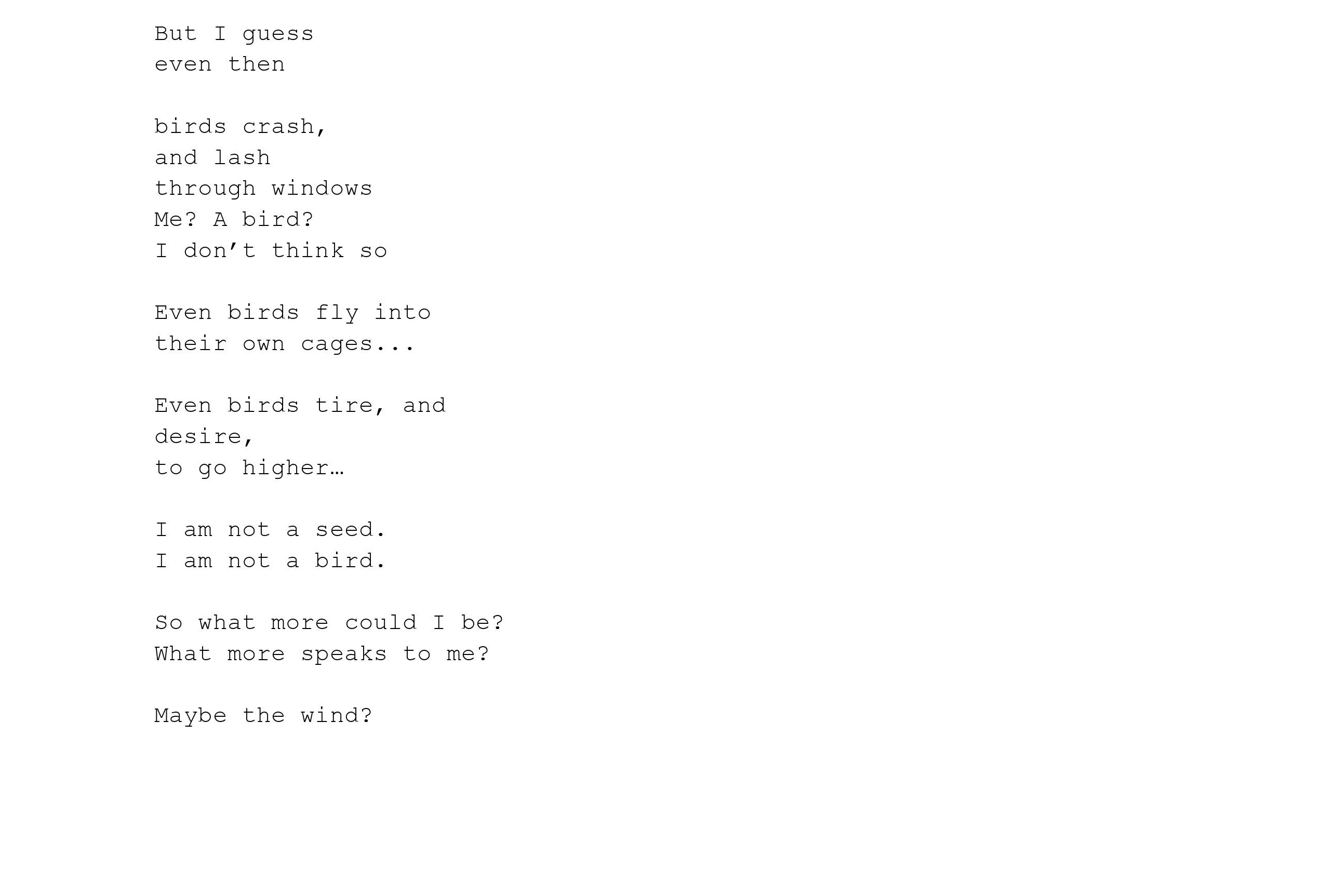
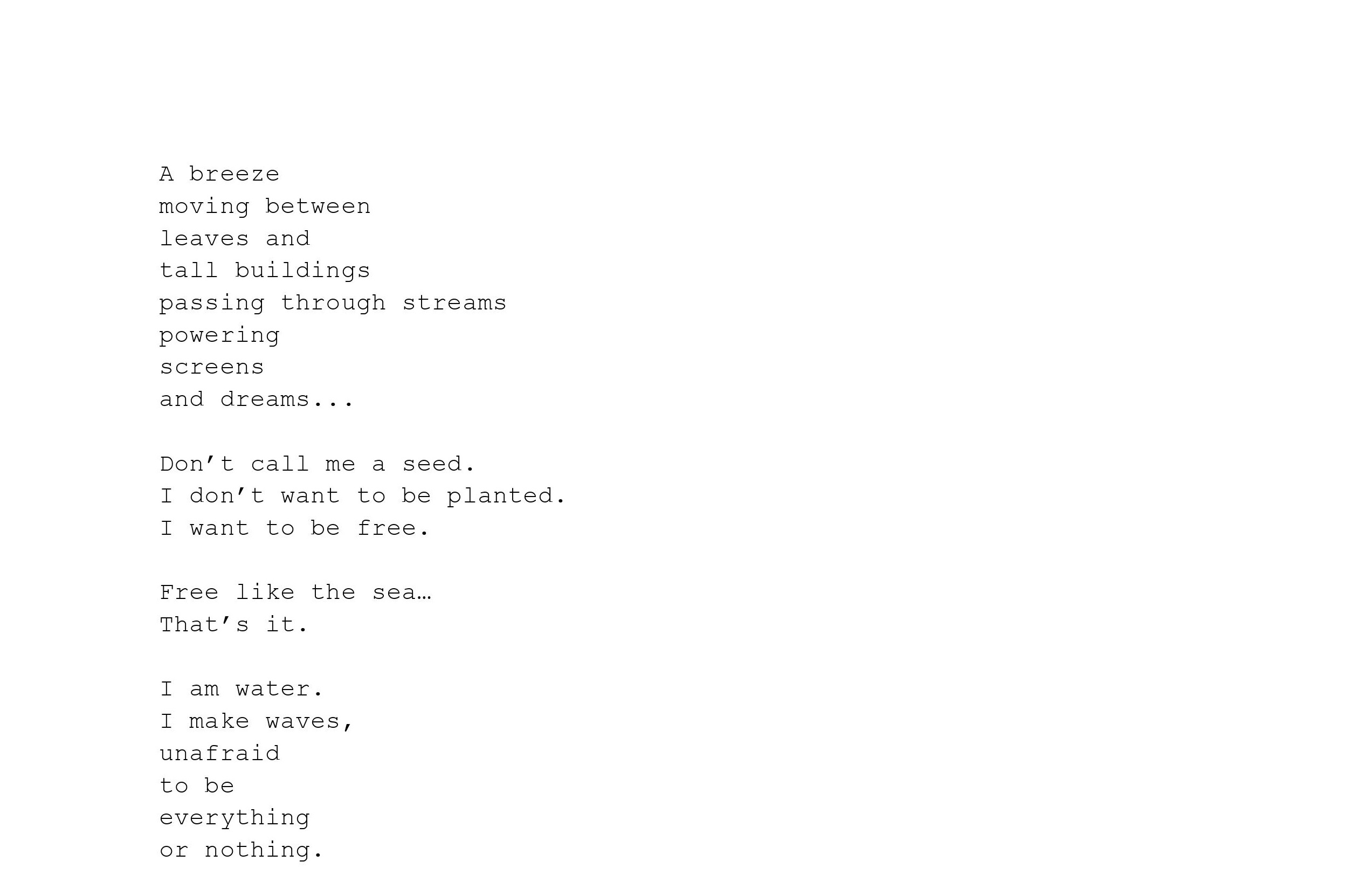
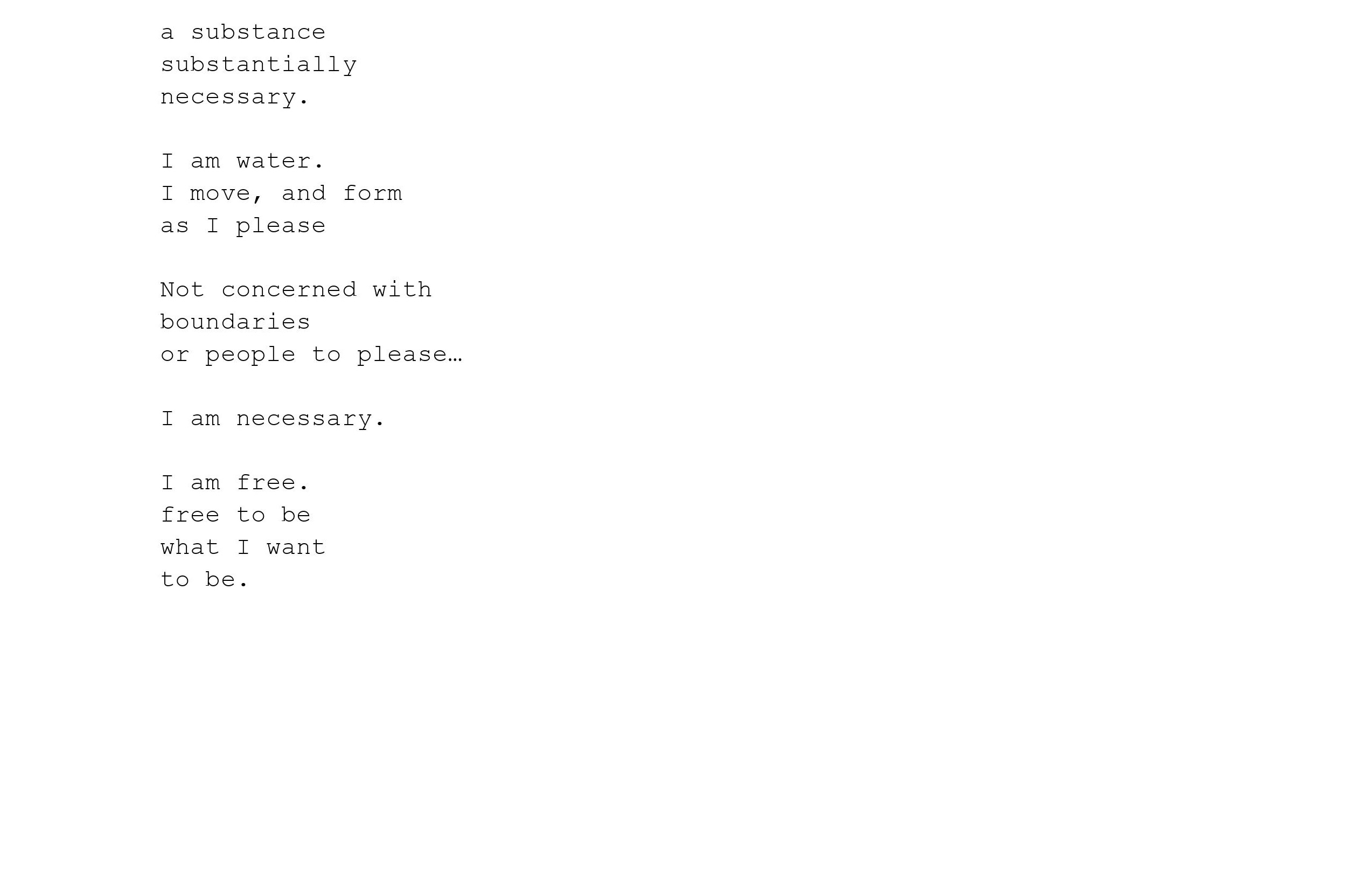
on autonomy
❯❯
young people in the movement
❯❯
organizing 101
❯❯
full interviews
❯❯
acknowledgements
This project was supported by Climate Advocacy Lab and was put together by the Uplift team. We want to thank Kourtney, Eva, and Brandon for letting us interview them and for their beautiful wisdom. We want to thank all who contributed their art to this project with special thanks to Akyra Cordova and Erin Kong for contributing so much art work. Thank you to Wyatt and Jacob for designing our zine and developing the webpage. Much gratitude to the Uplift team Jaiden, Mariella, and Lyrica for all their work 
This project was created on the stolen land of many Indigenous peoples including the Pueblo people, the Goshute, the Shoshone, the Ute, the Diné and the Paiute.
